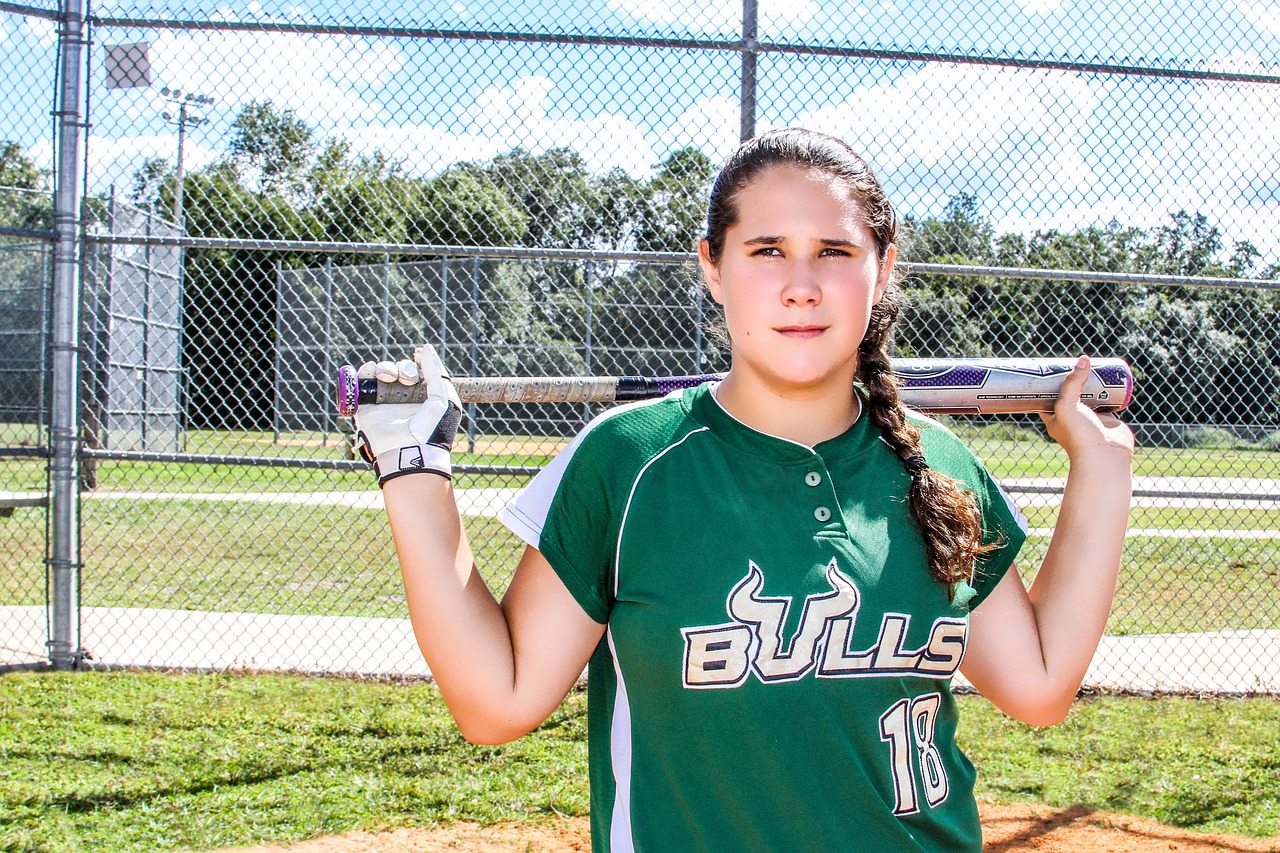News
Young Athletes at Risk of Pre-Hypertension, Study Finds

young athlete | (Photo : Pixabay)
A new preliminary study suggests that a significant portion of young athletes, aged 10 to 31, may have pre-hypertension, a precursor to high blood pressure.
The study found that over 20% of the athletes examined exhibited criteria indicative of high blood pressure, raising concerns for potential health complications including heart attack, stroke, and kidney disease.
Teenage boys were notably at higher risk than their female counterparts, with rates of stage 1 and stage 2 hypertension more than doubled in this demographic. Furthermore, the study found that 28% of athletes participating in multiple sports displayed high blood pressure.
According to the American Heart Association, normal blood pressure is considered to be 120/80 or below, while stage 1 hypertension is identified by a systolic reading of 130-139 and/or a diastolic reading of 80-89. Stage 2 hypertension is characterized by a systolic reading of 140 or higher and/or a diastolic reading of 90 or higher.
Lead author Dr. Aneeq Malik, a third-year internal medicine resident at Olive View-UCLA Medical Center, underscores the importance of maintaining an active lifestyle despite the elevated risk, emphasizing that physical activity helps mitigate metabolic diseases such as high blood pressure, diabetes, obesity, and heart disease.
"Just because you are engaging in sports doesn't necessarily mean that is the cause for why these people are at greater risk," Malik said, ABC News reported.
Dr. Malik, who also co-founded the nonprofit Saving Hearts Foundation, which facilitated the study's data collection, emphasized that hypertension isn't confined to older patients and even individuals leading physically active lives are susceptible.
"When we think of hypertension, we often think about older patients," Malik said. "Even people who we consider extremely healthy young adults, people who engage in physical activity, are still at increased risk," Malik said.
Presented at the American College of Cardiology's Care of the Athletic Heart Conference, the study aims to shed light on an often overlooked issue. While the findings are yet to undergo comprehensive scientific scrutiny, experts stress the need for enhanced preventive measures over treatment alone.
Dr. Anuradha Lala, a cardiologist at Mount Sinai Fuster Heart Hospital, stressed the importance of early screening and understanding the influence of racial and ethnic backgrounds on hypertension incidence. She advocates for a holistic approach to addressing high blood pressure, encompassing diet, sleep, and psychological well-being.
"There is a stark need for an increased focus on prevention as opposed to treatment alone," Lala, who was not involved in the study, noted. "A huge part of prevention is adequate and appropriate screening."









Join the Conversation